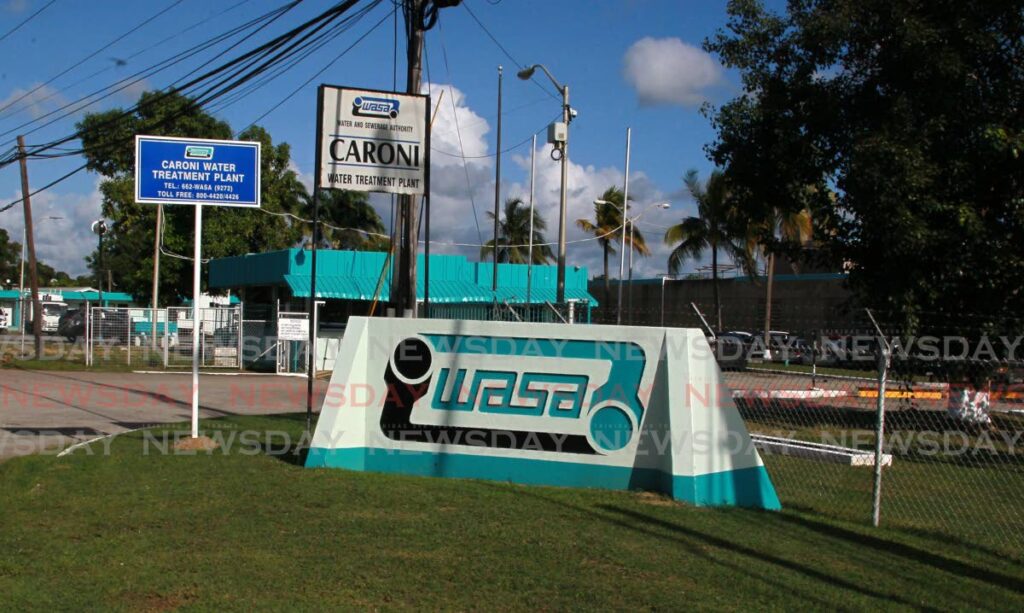WASA: Landslips ruin water pipes

WASA chairman Ravindra Nanga on Wednesday said the authority has done sufficient leak repairs to now ready itself for a shift in focus to road restoration, addressing Parliament's Joint Select Committee (JSC) on Land and Physical Infrastructure chaired by Deoroop Teemal.
"We have assigned road restoration crews internally to the five regions under WASA's control and in addition to that we have also taken on Ministry of Works-approved contractors.
"Just as we did with the leak repairs, we have started to tackle the road restorations."
Nanga referred to permanent restorations of roads, not temporary.
He said WASA had cleared a previous backlog of leaks and there now remained only 1,500 leaks, all of which had arisen within the past 30 days or less.
Nanga later said his board had met 5,000 leaks upon taking office.
He said landslips have damaged water pipelines, rather than vice versa, as he refuted a perception among some critics of WASA.
Saying soil instability causes landslips, he said that land slips occured in places where no WASA infrastructure existed, thereby attesting to the condition of the soil in that particular area. Nanga said landslips occur mainly in south Trinidad. He said WASA was in the process of accessing a loan from the Inter America Development Bank (IDB) towards pipeline replacement for which tenders would be invited.
A foreign consultant will undertake a pilot project in north-west Trinidad to identify the condition of pipelines and earmark them for replacement.
Nanga said, for landslip-prone areas, WASA was now exploring the use of a certain type of pipe that was more flexible than the usual type in order to reduce disruption and damage to WASA's infrastructure.
WASA director (operations) Shaira Ali said pipeline replacement was needed because of high leakage, encrustation, leaking mains and a need to extend distribution to newly-populated areas. She vowed to upgrade WASA's infrastructure to help under-served communities.
Nanga said the road repair programme had been affected by the weather, shortages of materials and pipeline leaks.
He said he was expecting a hectic rainy season during which time WASA would not do road restorations.
JSC member Anil Roberts lamented the traditional high leakage rate of WASA pipes which he said was 4,200 leaks in 2017 losing 4.2 billion gallons, and 6,400 leaks in 2019.
Eyeing the 1,500 leaks stated by Nanga, Roberts estimated those to lose 1.2-1.5 billion gallons each year. Roberts asked what was the eroding effect of such leaks as he asked the WASA leadership to be made aware of the tremendous power of flowing water.
Nanga replied that current leakage rate was 90 million gallons per day. He said most damage to roads was not caused by erosion by water but digging up the road to access the leaks to do pipe repairs.
Roberts named roads with leaking pipelines in his own neighbourhood to accuse WASA of living in a fantasy over their efforts at repairing leaks.


Comments
"WASA: Landslips ruin water pipes"